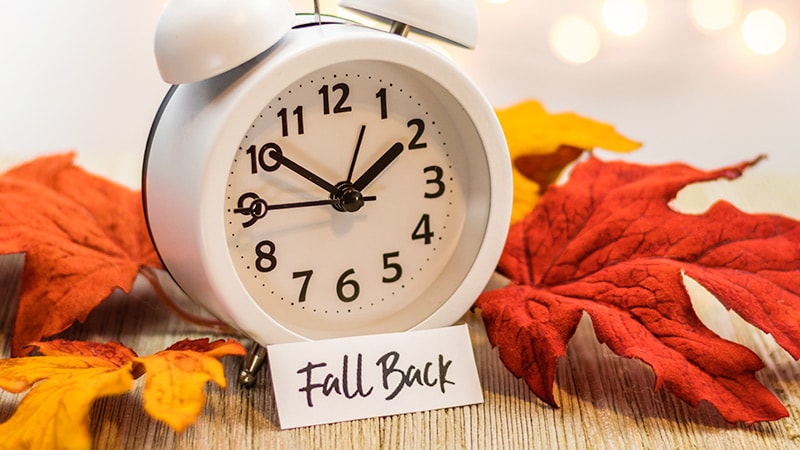Home / Health / Time Change Debate Rages On: New Study Debunks Heart Attack Myth
Time Change Debate Rages On: New Study Debunks Heart Attack Myth
23 Oct
Summary
- New study finds no link between daylight saving time and heart attacks
- Researchers say improvements in medicine have reduced heart attack risks
- Calls for ending biannual time changes to improve health and sleep

In October 2025, a new study has challenged the long-standing notion that daylight saving time (DST) and the biannual time changes lead to an increase in heart attacks. The research, led by Dr. Jennifer Rymer of Duke University Hospital, analyzed data from nearly 170,000 patients in the Chest Pain MI Registry from 2013 to 2022.
The study found no significant association between DST and the outcomes of patients presenting with myocardial infarction. Rymer explains that the size and diversity of the dataset, as well as the exclusion of states that don't change their clocks, set this study apart from previous research that had suggested a link.
Experts believe the lack of a DST-related heart attack spike is due to improvements in medical care over time. "There's been an overall decrease over time in the number of heart attacks, so now we don't see the increased association with the time change," says Rymer.
While the heart attack risk may no longer be a concern, researchers have uncovered other health issues that could be improved by ending the biannual time changes. A study from Stanford University suggests that permanent standard time could lead to a reduction in obesity and stroke incidents by better aligning with the body's natural circadian rhythms.
As the debate over time changes continues, medical professionals are urged to be mindful of their patients' sleep and health around these transitions. "If they're starting at a baseline of sleep loss, losing that hour in the spring can be significant," says Dr. Emerson Wickwire of the University of Maryland. Doctors are advised to monitor high-risk patients and educate all their patients on the importance of good sleep habits.




